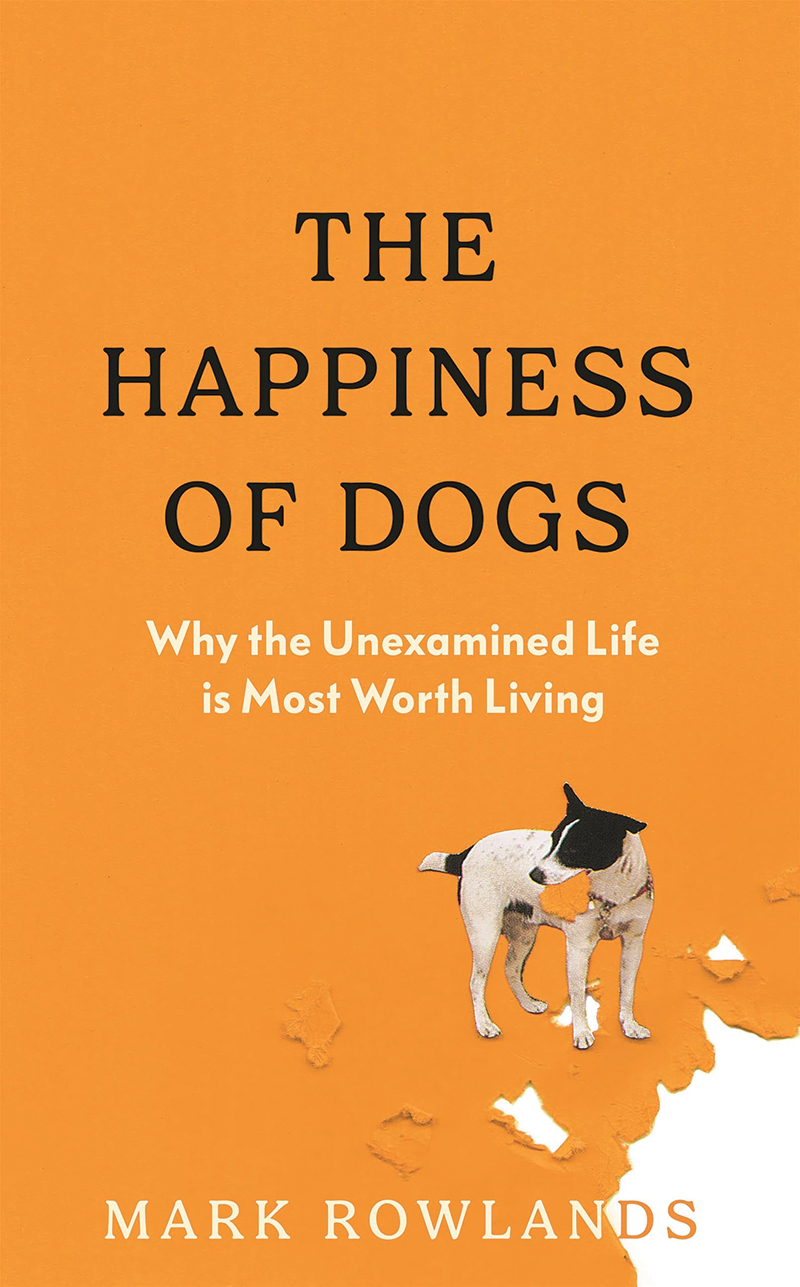Dogs love their lives more than we love ours. I think anyone who has lived with a dog will suspect this is true. A dog’s capacity for happiness is greater than ours. This does not mean that all dogs are happier than all humans. Any dog stuck in a miserable life or scarred by a malign past can certainly be miserable. It’s the capacity for happiness that is crucial.
Dogs are what we might call happiness adjacent. For us, being happy can be a long and difficult journey. Dogs get there much quicker than we do because they are never far from happiness in the first place.
Get the latest news and insight into how the Big Issue magazine is made by signing up for the Inside Big Issue newsletter
Something is marginally positive if it is a good thing, but only just – where the scale of happiness versus unhappiness tips, barely, in favour of the former. Shadow, my German Shepherd, recently suffered a spinal embolism. For a while, his back legs were completely paralysed. The first thing he did in this newly paralysed state was to use his front legs to drag himself into the shade. Paralysed he may be, but at least he was out of the sun – and so marginally better off than when he was in the sun.
I was reminded of the Greek cynic – Diogenes, nicknamed ‘the dog’ – who was once asked by Alexander the Great if there was anything he could do for him. His response: “Move, you’re blocking the sun”. Diogenes the dog and Shadow the dog harboured opposing attitudes towards the sun, but their opinion on the marginally positive was the same.
Later that day, when the movement had started to return to Shadow’s legs, you could see him tottering happily around outside the vet’s office with my son, trying to jump on him. Crocked he may be, but, for him, being here is marginally better than being at home and, as such, for him, a source of the utmost delight.










